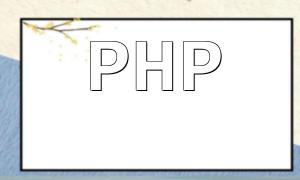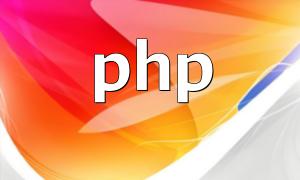Modern PHP frameworks significantly improve testing efficiency and code quality by integrating unit testing and coverage tools. Built-in assertions, mock objects, and coverage reports help developers identify untested code segments, enhancing the robustness and maintainability of applications.
Unit testing plays a vital role in ensuring application stability. PHP frameworks typically include or support testing tools like PHPUnit, allowing developers to write test cases for functions, classes, or interfaces to automatically validate business logic.
Common features provided by PHP frameworks include:
With PHPUnit and the Xdebug Coverage extension, developers can track which parts of their code have been executed. After running tests, the tools produce coverage reports that highlight tested and untested lines. This insight helps teams continuously improve coverage during the development and integration process.
Laravel, one of the most popular PHP frameworks, provides robust built-in testing tools that make writing and running unit tests straightforward.
// tests/Feature/ExampleTest.php
use Tests\TestCase;
use App\User;
class ExampleTest extends TestCase
{
// Test user creation functionality
public function testUserCreation()
{
$user = User::factory()->make();
$this->post('/users', $user->toArray())
->assertStatus(201)
->assertJson($user->toArray());
}
}
Running tests is simple—just use the following command:
php artisan test
To generate a code coverage report, add the coverage parameter:
php artisan test --coverage
The generated report highlights which code lines were executed and which were not, helping developers identify areas for improvement.
PHP frameworks enhance the testing process by offering integrated tools for unit testing and coverage analysis. With these capabilities, developers can:
Choosing the right PHP framework and leveraging its testing features is key to building high-quality, stable applications.









